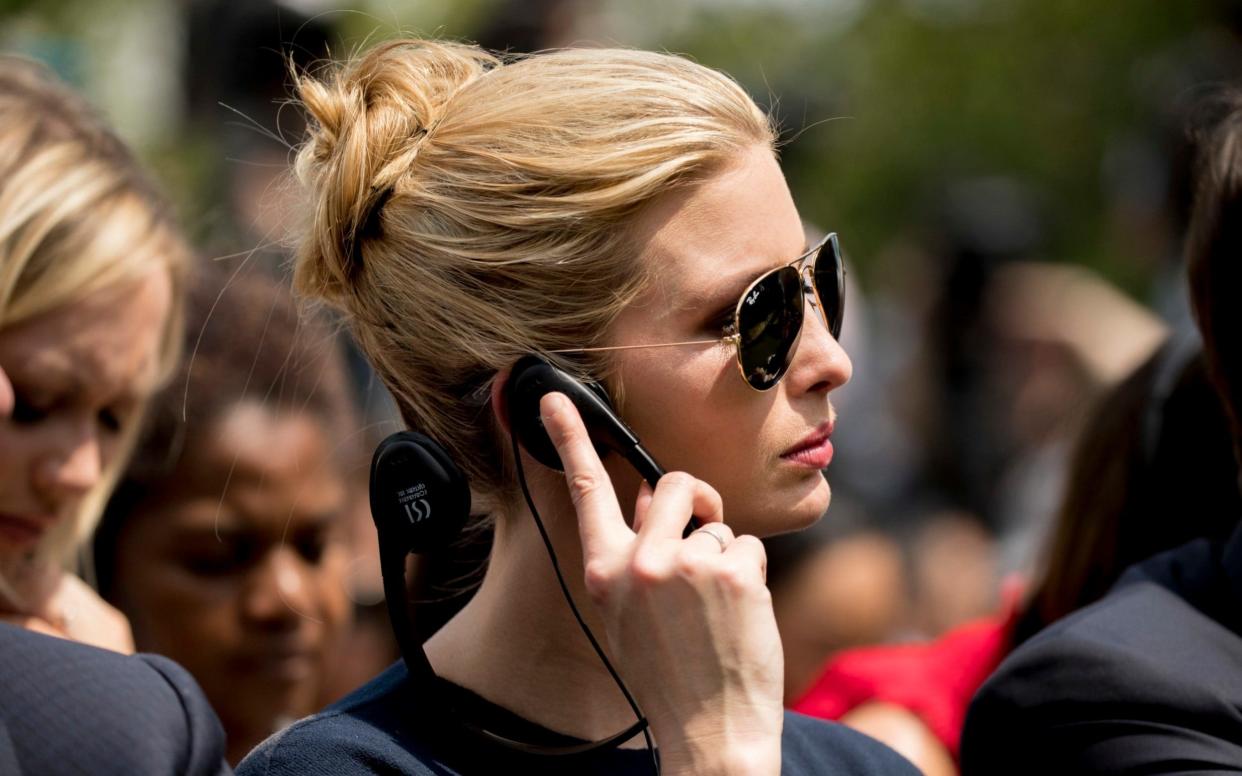China stumped by Ivanka Trump's 'Chinese proverb'

Chinese social media users are scratching their heads over a "Chinese proverb" US President Donald Trump's daughter and advisor Ivanka posted to Twitter as her father prepared for his summit with North Korea's Kim Jong-un.
"'Those who say it can not be done, should not interrupt those doing it.' -Chinese Proverb," Ivanka posted on Monday, the night before her father and Kim came together to seek an end to a tense decades-old nuclear stand-off.
China's internet quickly lit up, puzzled rather than flattered by the reference.
"Our editor really can't think of exactly which proverb this is. Please help!" the news channel for Sina - the company behind Weibo, China's largest Twitter-like platform - wrote on its official social media account.
In thousands of comments on Weibo, users proferred scores of different suggestions without arriving at a consensus.
“Those who say it can not be done, should not interrupt those doing it.” -Chinese Proverb
— Ivanka Trump (@IvankaTrump) June 11, 2018
Some suggested the proverb "the foolish old man removed mountains" - a common phrase used to signify perseverance. It refers to a fable about a man who persisted in his attempt to level a mountain he found inconvenient by dogged digging.
Ivanka Trump's family has a lot of fans in China. Her six-year-old daughter, Arabella Kushner, became an online sensation by singing ballads in Mandarin and reciting Chinese poetry in a video that was shown to President Xi Jinping during Donald Trump's visit to Beijing last year.
Trump-Kim summit in pictures: Best photos from Donald Trump and Kim Jong-un's meeting in Singapore
But her mysterious proverb was panned on Weibo.
"She saw it in a fortune cookie at Panda Express," one user wrote.
#TrumpKimSummitpic.twitter.com/oVYotrk5cU
— Ivanka Trump (@IvankaTrump) June 12, 2018
Another said: "It makes sense, but I still don't know which proverb it is."
"One proverb from Ivanka has exhausted the brain cells of all Chinese internet users," a commenter admitted.
Korea summit | Read more
Bill Kristol, editor of the US political magazine the Weekly Standard, tweeted a guess that the phrase "seems in fact to be American from the turn of the 20th c.- which makes sense, since its spirit is can-do Americanism".
"But why are Trump WH (White House) aides giving our proverbs to China, increasing our proverb deficit?" he quipped.

